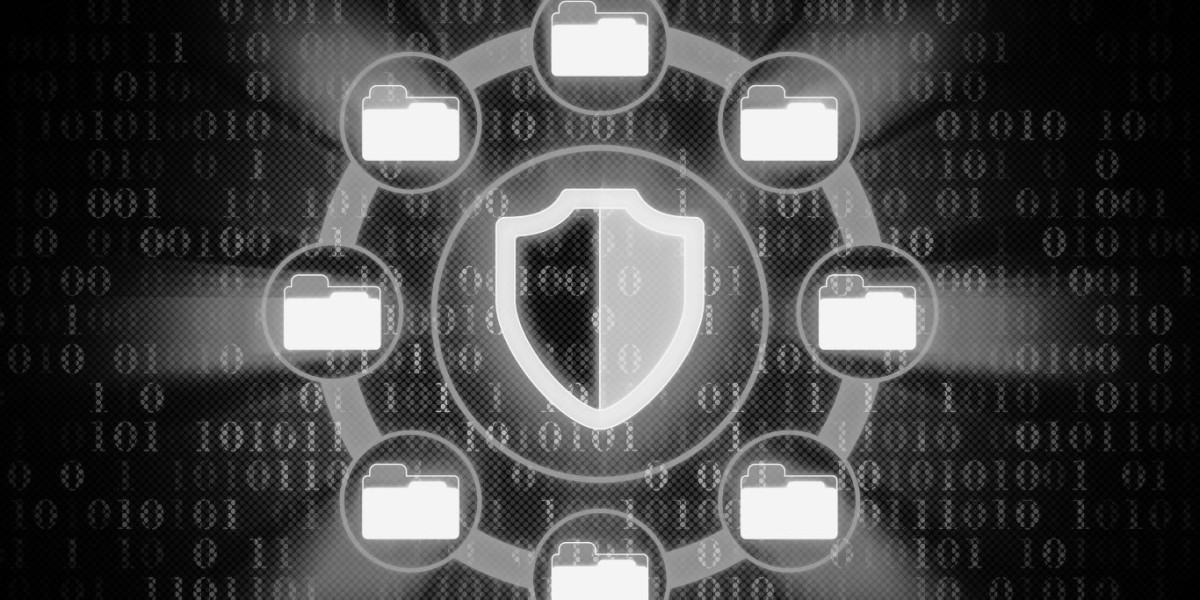Future-Proof Your Data: Embracing Cutting-Edge Privacy and Security Solutions
In today's digital-first world, privacy and data security are no longer optional—they’re essential. Every action we take online, from browsing and messaging to banking and shopping, creates a digital footprint. That footprint can be exploited if not properly protected. As cyber threats grow more sophisticated, traditional defenses just don’t cut it anymore. This is where cutting-edge privacy and security solutions step in to transform how we protect data—both personally and professionally.
What Are Cutting-Edge Privacy and Security Solutions?
Cutting-edge privacy refers to the use of advanced technologies that go beyond basic antivirus or firewall protection. These solutions use automation, artificial intelligence, quantum encryption, blockchain, and other next-gen methods to provide robust defense mechanisms against cyber threats.
Rather than reacting to threats after they happen, these advanced solutions anticipate and neutralize potential risks before any damage is done. This proactive approach marks a shift from conventional data protection to smart, strategic cybersecurity.
Whether you’re an enterprise managing customer information or an individual trying to secure your personal identity, embracing cutting-edge tools helps ensure your data is protected in real time.
The Future of Cybersecurity: What Lies Ahead
Cybersecurity is evolving fast—and so are the technologies behind it. Here's a glimpse into what the future of privacy looks like:
Artificial Intelligence (AI): AI is now capable of more than just detecting malware. It can autonomously fix vulnerabilities, monitor networks, and adjust defenses based on real-time threats. Self-healing systems powered by AI are leading the next wave of cyber protection.
Quantum Cryptography: This revolutionary technology leverages quantum mechanics to make encryption virtually unbreakable. Businesses and governments are exploring it to protect their most sensitive data from even the most advanced hackers.
Blockchain-Based Privacy: Blockchain isn’t just for cryptocurrency. It allows decentralized data protection and identity management, enabling users to control their digital identities without relying on third parties.
5G and IoT Security: As more smart devices go online and 5G expands, protecting data at the edge becomes critical. Integrated privacy protocols will need to secure everything from your smart fridge to your wearable tech.
Human-Centered Privacy: Future systems will prioritize usability—offering easy-to-navigate dashboards and adjustable privacy settings. This gives users more control and better visibility over how their data is collected and used.
Where to Find These Advanced Solutions
Not sure where to start? Here’s how you can access the right privacy and security tools:
Innovative Cybersecurity Firms: Look for companies heavily invested in R&D, particularly those leveraging AI, machine learning, and blockchain. These firms often offer tailored security solutions based on your industry and data needs.
Privacy-Centric Platforms: Some tech providers design their platforms from the ground up with privacy in mind. These platforms ensure secure data handling without requiring additional tools or plug-ins.
Blockchain Startups: Newer firms in the blockchain space are pushing decentralized, secure solutions for identity, storage, and authentication. They offer a fresh, tech-forward alternative to legacy systems.
Managed Security Service Providers (MSSPs): MSSPs offer comprehensive services like 24/7 monitoring, incident response, and compliance support—all powered by state-of-the-art security technologies.
When choosing a provider, make sure they offer scalability, regular updates, transparency, and strong customer support. With threats constantly evolving, outdated tools can become vulnerabilities in no time.
Are These Tools Available for Smartphones?
Absolutely. As smartphones become central to our lives, privacy tools for mobile devices are more important than ever. Thankfully, today’s mobile security solutions are powerful, user-friendly, and easily accessible. Here are some standout examples:
Encrypted Messaging Apps: These use end-to-end encryption to ensure that only the intended recipients can read your messages. They don’t store chat logs or metadata, keeping your conversations completely private.
Privacy-Focused Browsers: These browsers block trackers, ads, and fingerprinting scripts. Many come with built-in VPNs or anonymous browsing modes to keep your web activity secure.
Advanced App Permissions: Modern smartphones let users control permissions like location access, microphone use, and camera activation. Some systems even allow for approximate location sharing instead of precise GPS data.
VPN Applications: VPNs mask your IP address and encrypt your internet connection, especially useful when connected to public Wi-Fi. Many VPNs are optimized for mobile devices and run seamlessly in the background.
Secure Email Services: These offer encrypted communication, disable email tracking, and often include self-destructing messages or password-protected attachments.
Mobile Privacy Dashboards: These dashboards help you monitor and adjust your device’s privacy settings, offering insights into which apps are accessing your data and how to tighten controls.
Privacy-First Operating Systems: Some mobile OS options are built specifically with privacy in mind, giving you full control over data collection and background tracking.
Key Takeaways
The digital world demands more advanced protection. As threats increase in complexity, basic tools are no longer enough.
Cutting-edge privacy involves proactive, tech-driven security. It uses AI, quantum cryptography, blockchain, and more to protect data.
Smartphones are not left out. Modern mobile privacy tools are stronger than ever, ensuring your data stays safe on the go.
It’s for everyone. These solutions are not just for tech-savvy users or big corporations. Individuals, small businesses, and even students can—and should—take advantage.
Frequently Asked Questions
1. Do I need to be a tech expert to use advanced privacy tools?
Not at all. Many tools are designed for everyday users with simple interfaces and guided setups. No expertise required.
2. Will privacy tools slow down my device?
Some, like VPNs, might slightly affect speed, but modern tools are highly optimized. In most cases, you won’t notice any difference.
3. Are paid tools better than free ones?
Generally, paid tools offer enhanced features, better support, and no ads. However, many free tools also offer strong protection—choose based on your needs and preferences.








